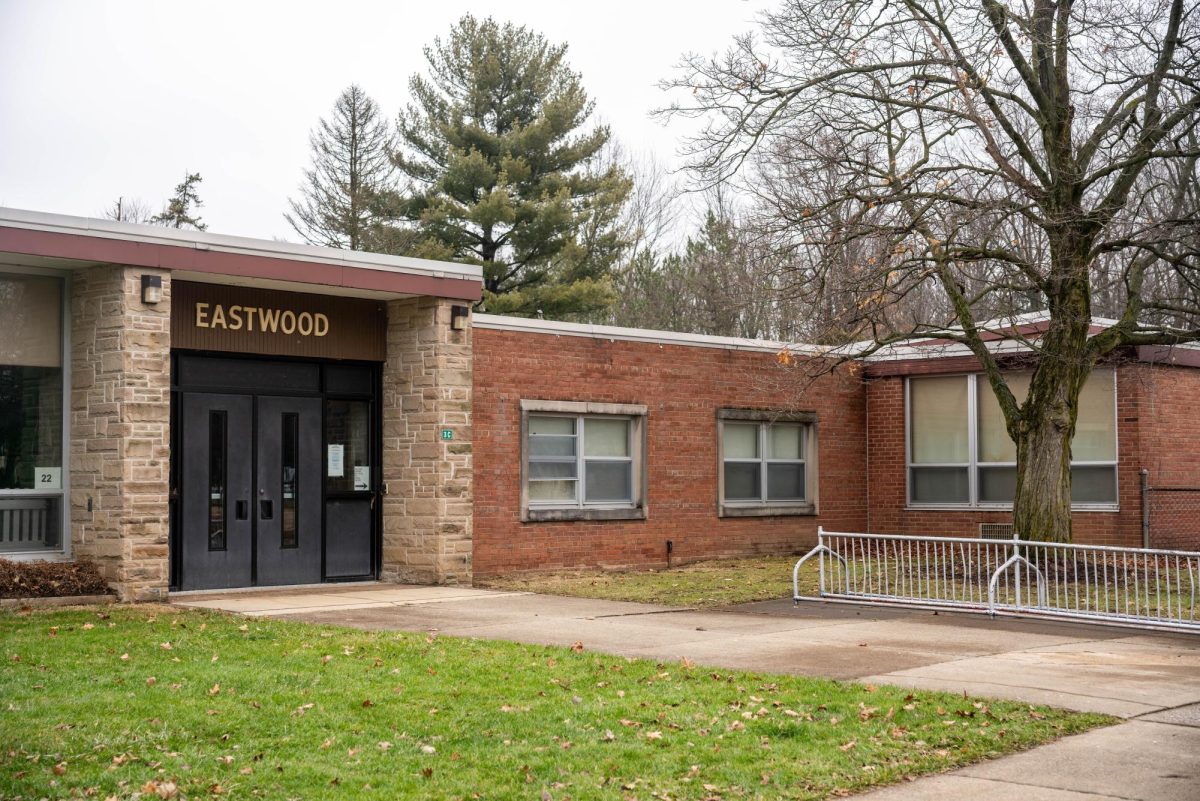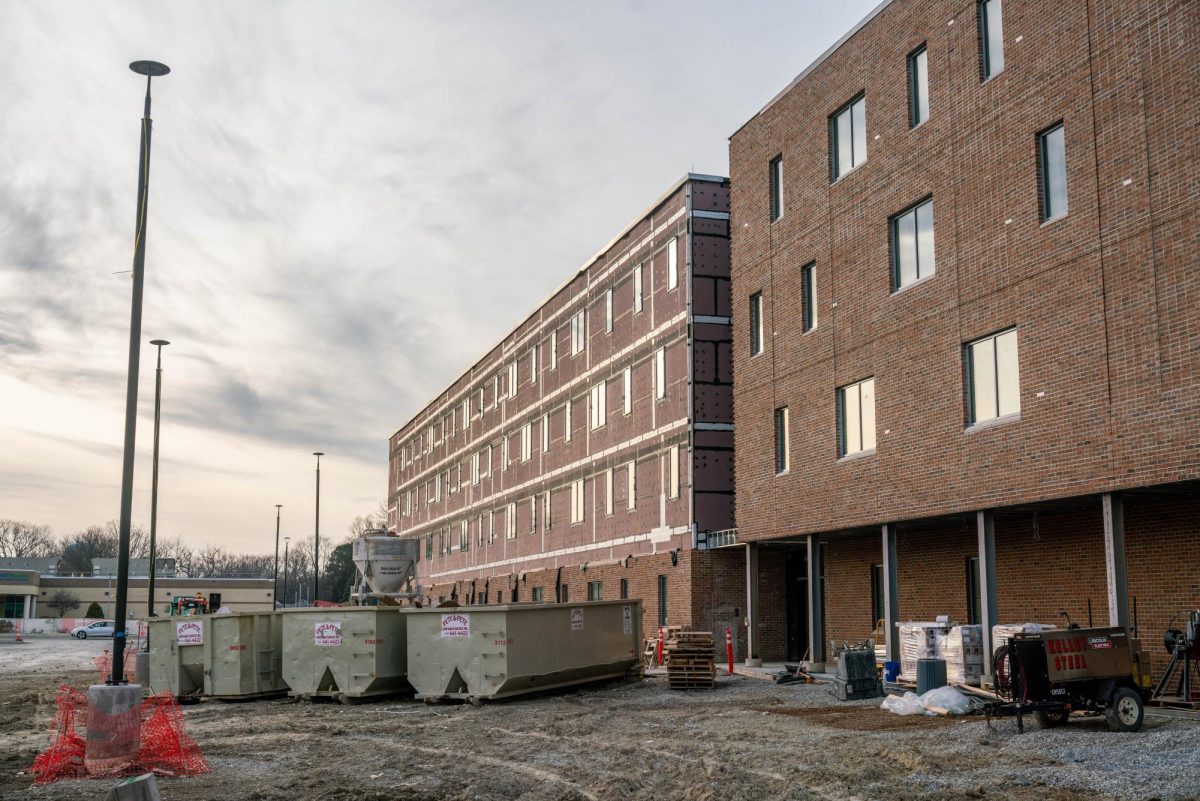Oberlin Community Services received $1.28 million in federal aid to assist in developing the Cooper Community Resource Center. The funding will improve and expand various resources, including a food pantry, emergency financial assistance, educational outreach programs, counseling services, and community meals.
The funding was allocated from the agriculture and rural development budget for 2024 signed by President Joe Biden March 16. Oberlin Community Services applied for the funds through Senator Sherrod Brown’s office.
Currently, OCS offers a food pantry, emergency financial assistance, mortgage relief, utility relief, Narcan and fentanyl test distribution, an internship program for at-risk youth, and educational outreach, amongst other services.
Jason Hawk, the communications and development coordinator for Oberlin Community Services, outlined the various building upgrades that will take place over the next year.
The renovation plans include adding a solar array to lower utility bills, increasing accessibility with more handicapped parking spaces, renovating the lobby and community room, and purchasing equipment like a warehouse lift.
A large-scale kitchen renovation is also underway, with OCS planning to host Oberlin Weekday Community Meals, another nonprofit partner, to join the resource center. The organization prepares 80–100 hot meals daily for anyone in the community who needs it.
The most visible change will be the addition of about 200 solar panels on the rooftop, which Hawk expects to cost about $250,000. OCS looks forward to reduced utility costs, particularly given the refrigeration units running their extensive food pantry.
According to Hawk, OCS has more space than it needs and is working to expand the network of nonprofits in the building. Currently, the Cooper Center houses OCS, Providing Oberlin with Efficiency Responsibly, and Colors+ Counseling.
“We expect to take the next year or two to talk to partners about moving in,” Hawk said. “That way, when someone comes to us for food or for utilities relief, and they have a need that we can’t directly address, we can say, ‘Just go upstairs. We have someone that you can talk to at a partner nonprofit.’”
The timeline for completed projects is still unclear. However, per congressional rules, OCS must use the appropriation money in the same year it’s awarded –– so all updates must begin this year. Many projects, including the rooftop solar array, still have engineering work to be done.
OCS serves about 330 households, with 8-12 new households weekly. Despite the organization’s title, Hawk stresses that OCS’ services are not limited to the town of Oberlin.
“We want to consider a single mom living in Rochester Township, far from the big cities of Elyria and Lorain, who might be juggling a part-time job or have a baby at home,” he said. “Getting to services in the northern part of the county might be a real struggle for that person. We want to make these services really accessible.”
OCS follows Second Harvest Food Bank’s guidelines of serving those who live up to 200 percent of the federal poverty rate. According to Hawk, about 71 percent of residents of Lorain County would be eligible for some of OCS’ services.
The organization utilizes social media, news publications, and word of mouth to reach out to potential clients who may qualify for assistance.
In addition to non-profit organizations, the Resource Center houses a community space with a maximum occupancy of 398 people. With a few more renovations, Hawk plans to use the space for meetings, classes, and workshops, as well as rent it out for weddings and parties. The rentals will help fund the center, as well as give back to the community at large.
Margie Flood, the executive director of OCS, stressed that the primary purpose of the appropriation fund is for permanent improvements, like equipment, and mainly, renovations to the building itself.
“[Day-to-day operations] is not what the appropriation is for; it’s all for capital staff,” she said. “So we still need money every day for it to help with these programs and to help with utilities, rent, and all of that, and to pay our small, mighty, incredible staff to do all that they do.”
Aside from the appropriation, OCS continues to raise funds for the community center. They have raised $3.5 million over the last two years to support their move to the Cooper Center.








